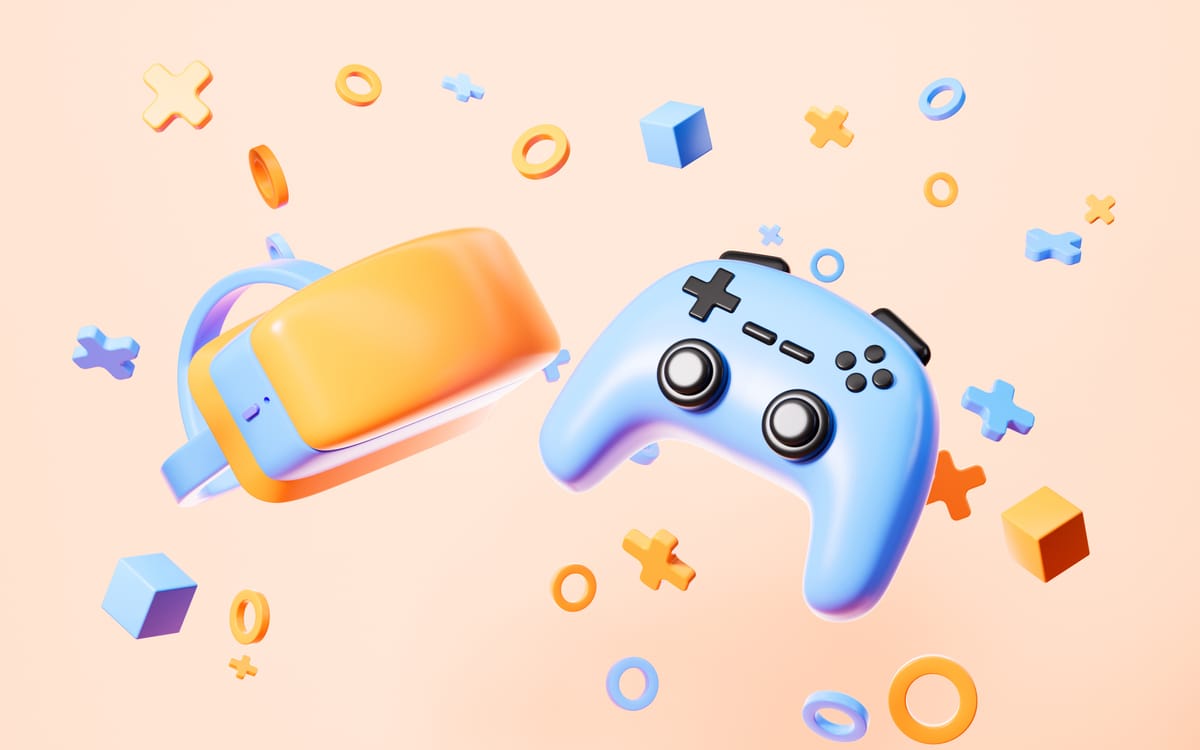How user feedback impacted these 8 video games


The video games industry is huge. With the global software value expected to be worth £134 billion by the end of 2021 and to have 2.6 billion users worldwide, there is a giant market of users who play online. Video gaming tournament or ‘e-sports’ gamers can earn millions of dollars in tournaments and many pro-gamers can get sponsorships and even scholarships! It is one of the fastest evolving industries on the planet, so in order to keep up with the sheer scale and demand, video gaming companies are reliant to find out from their users what’s going to keep them at the top.
We have compiled a list 8 games that show how feedback and user testing can drastically change the game, for better or worse.
Star Wars Battlefront 2
Probably the biggest fan backlash of all time in gaming history. The problem here was how EA and DICE implemented loot boxes and in-game currency and pushed it on the players, to the point where gamers lost their minds and took to the web to share their opinion. Basically, to progress in the game, you either had to play an insane number of hours or spend your money.
EA was forced to intervene and ditched the whole thing, but not before they tried to explain their reasons on Reddit – originating the most downvoted comment on the platform’s history! It took them two months to reshape the system.
No Man’s Sky
Promises made ahead of the release by the development team at Hello Games got fans very excited, but the final result was nowhere near what had been announced. No Man’s Sky turned out to be a quiet and calming exploration game with a focus on resource management, causing a wave of criticism from the gaming community.
Peak outrage happened when a few glitches caused players to lose their patience, particularly when interacting (or trying to interact) with other players. Based on fan feedback, the game received multiple updates since its release, which meant adding a lot of the features originally promised by the team.
Far Cry 5
Did you know Far Cry 5’s DLC (downloadable content) was inspired by a fan survey? Back in 2015, Ubisoft decided to release a poll to fans to try and find out what kind of storyline and context they wanted to see depicted in the next Far Cry. Although none of the fan feedback made it into the fifth game in the series, it shaped its expansion pack.
Mass Effect: Andromeda
Speaking of fan polls, let’s take a look at Mass Effect: Andromeda and how Bioware’s approach to gathering fan feedback had a huge effect on the development of this game.
Mass Effect’s director Casey Hudson simply took to Twitter and directly asked the fans what they wanted to see in the next game of the series and as a follow-up to the end of the original trilogy.
Little Big Planet
The development team had to unexpectedly delay the game’s launch a few days before the scheduled release, when Sony received a notification from online forum saying that one of the game’s music tracks contained two expressions from the Qur’an (the holy book for Muslims) and warnings of potential complaints from the Muslim community started flooding in.
This generated a lot of controversy and Sony was forced to not only fix the issue, but they also had to recall a huge amount of physical copies that had already been distributed.
Tooth and Tail
Probably the least known title in this list, Tooth and Tail is a real-time strategy game available on Steam. When the game was launched around 2014, it ran as a title under development for almost two years with a close-knit community of approximately 100 players who clo
cked in thousands of gameplay hours and shared feedback with the developers. The feedback shared helped the creators to make decisions that ranged from updating crucial functionality to choosing the colour of the game’s characters.
Assassin’s Creed: Unity & Syndicate
This one was controversial even before the game was released, due to the option to choose female characters being removed before the game’s launch. When asked about this, the developers tried justifying the decision by saying it would be “a lot of extra production work” to add female characters – and the gaming community was not happy about this weak excuse. Ubisoft didn’t change this for Unity, but made sure there were female characters available when it launched Syndicate the following year.
Another issue with Unity was a weird glitch that caused some characters to become… faceless! To silence the critics, Ubisoft not only fixed the issues, but offered a free DLC to the fans.
Final Fantasy XIV
When the game was released in 2010, it got hit by massive backlash! Final Fantasy XIV was highly criticised for feeling unfinished, as well as overwhelmed by bugs and glitches.
Players said the game was literally falling apart and Square Enix was forced to pull the title and re-release it three years later under the name Final Fantasy XIV 2.0 – A Realm Reborn. The new release had a completely new engine and refreshed gameplay, and, against all odds, the game turned out to be a huge hit. And that’s on the power of starting over!



